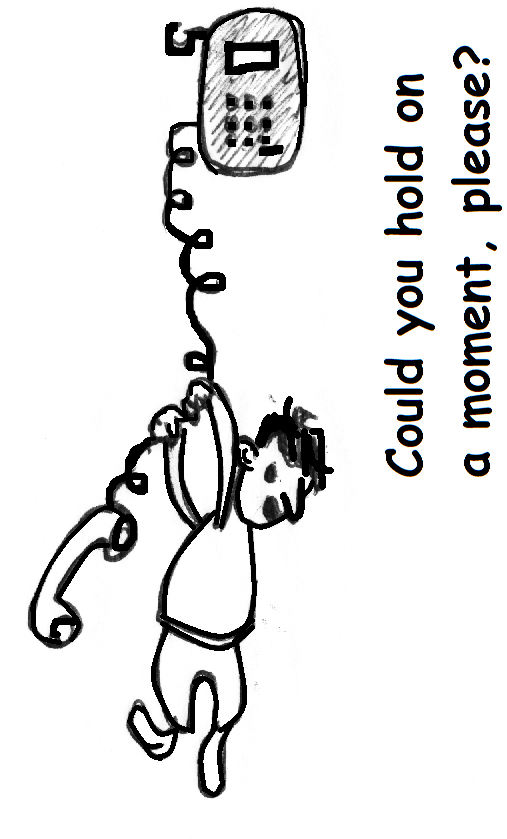
- •Unit 8. Elementary modals
- •1. Read the sentences quickly, using “to” where necessary.
- •2. Complete the questions.
- •3. Echo the statements.
- •4. Without translating the sentence, just choose can or may fast.
- •13. Describe the unpleasant things you did because there was no other way out.
- •14. Show how you ask for instructions in class.
- •Now it’s time to test your skills. Written part
- •Oral part
Unit 8. Elementary modals

Модальные глаголы по значению, и по использованию в предложении отличаются от остальных глаголов. Полнозначные глаголы называют действия (throw, catch, etc.) или состояния (sleep, sit, know, etc.), а модальные глаголы выражают отношение говорящего к этим действиям и состояниям с точки зрения:
1) возможности (can, may)
My granny can knit very well.
You’d better stop, or you may make a mistake.
2) необходимости
(need / need to, must, have to, be to, should, ought to, shall)
You needn’t worry.
We’ll have to stay a bit longer.
Shall I stand up, when I answer?
3) желательности или проявления воли (will, would)
My pen just won’t write. (Не хочет писать и все тут.)
При построении вопросительных и отрицательных форм модальные глаголы (кроме have to и need to) могут выступать как операторы, т.е. стоять перед подлежащим (Can you) или сочетаться с отрицательной частицей (can’t).
Can you swim? May we leave now? Should I consult anybody?
When are we to hand in? Children mustn’t play with matches.
|
Модальные глаголы используются
Need we hurry up? – No, you needn’t. You really needn’t worry .
D
|
1. Read the sentences quickly, using “to” where necessary.
1. Am I start right now? 2. You ought help your parents. – Why should I? 3. Do you need attend the meeting? 4. You needn’t speak so loudly, I hear you quite well. 5. Need I sign? 6. Did Mother have cook yesterday? 7. I’m sorry, we’re busy on Saturday, sowe won’t be ablecome. 8. You must pay taxes. 9. They said they might finish the work by Monday. 10. You mustn’t cheat at exams! 11. May I come in? 12. If you take a taxi, you can get there in time. 13. Shall I stand up? 14. When were you have your tooth filled?15. The boy just won’t obey.
2. Complete the questions.
1. (I can speak some foreign language) What foreign language __? 2. (Students have to get up early on weekdays) When exactly __? 3. (Monitors are to fill in registers) What information __? 4. (We need to put on a raincoat from time to time) In what cases __? 5. (We’ll have to take an exam in Grammar) How soon __? 6. (Drivers ought to be careful. Why __? 7. (We must help others) Whom __? 8. (Somebody is to control the traffic) Who __? 9. (We had to take a lot of entrance exams) How many __? 10. (The dean needs to know how we attend classes and how we study) How much __?
3. Echo the statements.
A. Model: Boys can run fast. – So can girls.
1. Taxi drivers ought to be polite. – (passengers) 2. Students must come in time. – (teachers) 3. Russian people had to fight during the war. – (people of other nationalities) 4. You could help your mother more often. – (father) 5. Cheetahs can run fast. – (leopard) 6. My friend may go to America this summer. – (you) 7. Bus drivers should be polite. – (conductors) 8. Pupils need to buy notebooks by September. – (students) 9. Queens are to visit other countries. – (presidents) 10. Mice have to eat something. – (any other animal)
B. People can’t fly – Neither can hens.
1. Women shouldn’t smoke. – (men) 2. Monitors oughtn’t to be late. – (anybody) 3. Students shouldn’t smoke in corridors. – (teachers) 4. Hens can’t fly. – (cocks) 5. I don’t have to get up early on Sunday. – (anybody in the family) 6. My pen won’t write. – (mine) 7. Husbands shouldn’t come home late. – (wives) 8. Hare couldn’t eat Kolobok. –(bare) 9. Teachers needn’t get up early on Sundays. – (pupils) 10. Trains aren’t to be late. – (buses)
|
Модальные глаголы могут выражать возможность (can, may), необходимость (need (to), must, have to, be to, should, ought to, shall), волеизъявление (will, would) |
|
May как бы взвешивает шансы и в нем совсем нет уверенности (кто знает, что будет). We may pass, or we may not. |
|
Can скорее оценивает условия, делающие действие возможным. Это могут быть: 1) природные способности Most birds can fly. 2) полученные навыки My sister can play the piano very well. 3) условия, созданные для нас другими I can come at six, mother will baby-sit for me. |


 oes
she
need
to
work?
– She doesn’t
need
to work
much.
oes
she
need
to
work?
– She doesn’t
need
to work
much.